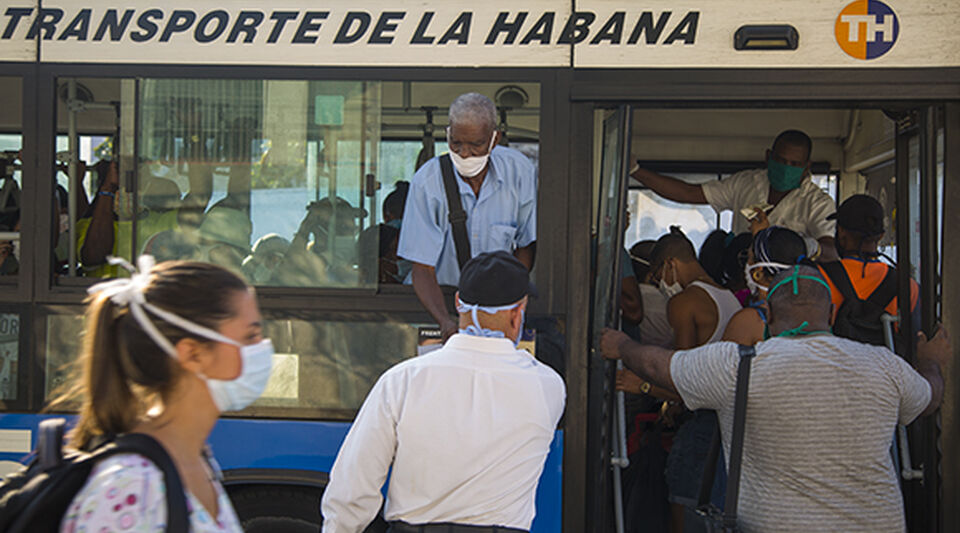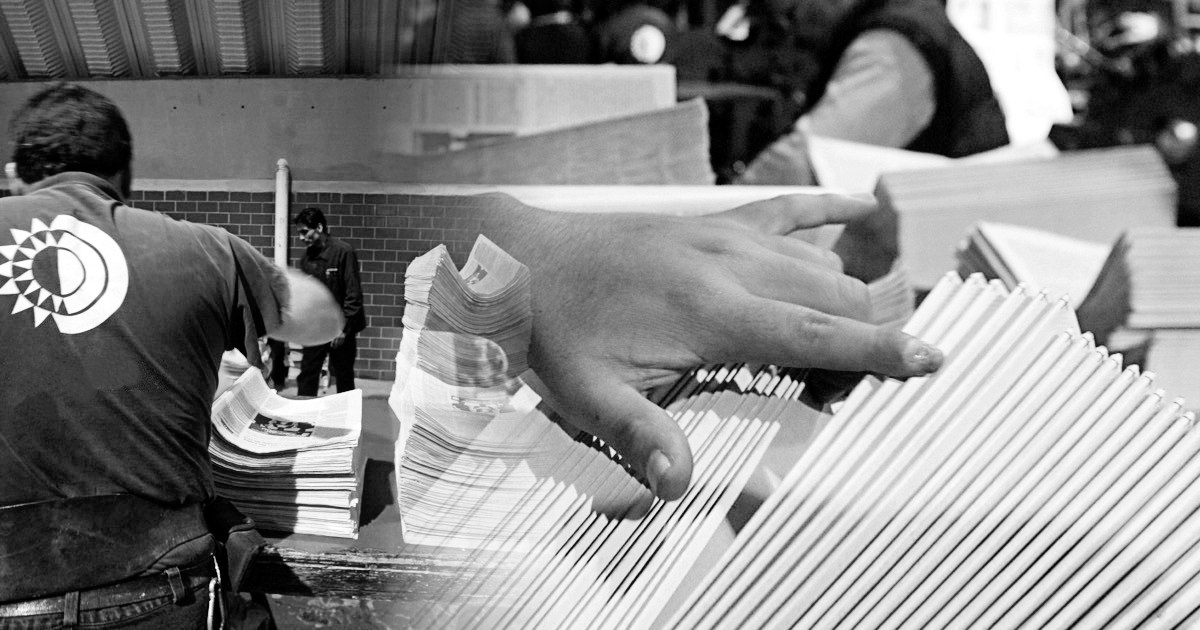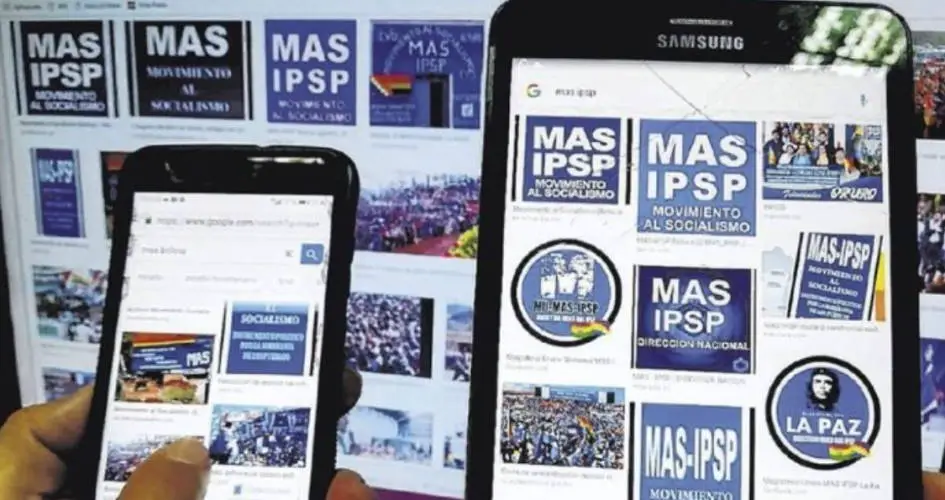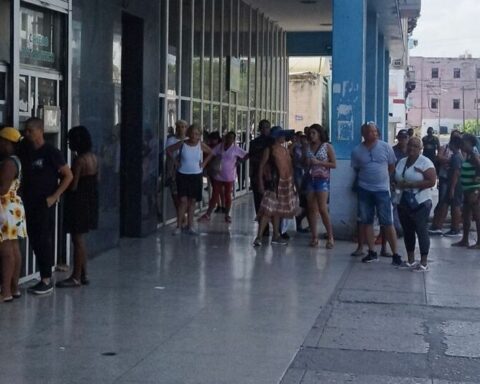The authorization for the wholesale sale of new and used vehicles in freely convertible currency (MLC), published this wednesday at official Gazette, is one of the aces up the government’s sleeve to try to solve the transport crisis in Cuba. The situation no longer admits euphemisms or nuances. It acknowledged on Cuban Television the minister of the branch himself, Eduardo Rodríguez Dávila.
For three years there has been “a progressive deterioration in all passenger transportation capacities and infrastructures,” which has produced “great dissatisfaction,” “indiscipline” and a brutal drop in the quality of services, Rodríguez admitted in the Roundtable program.
The wholesale sale of new and second-hand cars to Cuban and foreign legal persons -which includes companies on the Island, MSMEs (micro, small and medium-sized companies) or foreign firms – has the objective of reactivating the circulation of foreign currency, he explained. According to the minister, those interested “will be able to access a group of marketers that will sell them motor vehicles, at a wholesale price based on the acquisition cost and with up to a 30% commercial margin.”
If the client buys more than two light vehicles – motorcycles, cars and trucks – they must pay a special tax, the collection of which guarantees the Government “funds to deal with the situation”, justified Rodríguez, who assured the temporality of the measure.
Regarding the expected prices, the minister warns that they will be those of “reference of the Cuban market”, that is, that are used between natural persons for the sale of “similar” vehicles. The cost of the vehicles, he said, will be “updated every six months” until an “adjustment” is achieved.
If the client buys more than two light vehicles – motorcycles, cars and trucks – they must pay a special tax, the collection of which guarantees the Government “funds to deal with the situation.”
In addition, the Government eliminates the restriction to import electric motorcycles with more than 1,000 watts of power, it intends to continue “recycling” vehicles that are deregistered by the Ministry of Tourism and plans to take measures, which it did not specify, to improve transportation of food within the country.
During his appearance, the minister commented on the new decree, detailed the appalling technical state of state vehicles and listed, as usual, the lack of spare parts, the impossibility of having sufficient foreign currency and the blocking In addition, he insisted that the only thing that could really alleviate the hopelessness of the situation is foreign investment.
He also offered some data on the cost of the machines that the Cuban government buys. Buses used for public transportation in Havana, for example, cost $200,000, a small plane $30 million, and a ferry more than $10 million. In total, Rodríguez calculated, in Cuba more than 40 million dollars would be needed just for the maintenance of public transport.
The other side of the problem, no less overwhelming, is the lack of fuel. To get all public transportation vehicles running, 80,000 liters of diesel per day would be needed, an impossible figure under current conditions.
The companies in charge of operating the transport, says Rodríguez, are also facing collapse. “State companies charge affordable prices to the population, but they are making losses and receive support from the State budget,” he said, alleging that although a part of the population manages by moving in “non-state-managed” vehicles, the prices of these transports are above the purchasing power of the average Cuban.
Both the National Highway and the Central Highway, the two most important roads in the country, are in an alarming state
Both the National Highway and the Central Highway, the two most important roads in the country, are in an alarming state, not to mention the provincial highways, said the minister, who dedicated a section of his speech to the “especially critical” circumstance. of the roads of the Turquino Plan, which lead to intricate and mountainous places throughout the Island.
Rodríguez devoted a long monologue to commenting on the “stumbling blocks” that the Island had had with the United States in the international trade arena, including the cancellation of contracts and the unexpected purchase of vehicles – a fuel tanker and two planes that “never arrived”– . In addition, he added that Washington had sanctioned oil tankers flying the Venezuelan, Liberian and Greek flags, whose traces in Cuban ports are registered in naval location applications.
Lastly, he referred to “subjective factors” and internal ones, such as the proliferation of illegal vehicles. “Route diversions, non-compliance with schedules, mistreatment of passengers, transportation of loads or more passengers than those established in the media, illegal ticket purchases and speeding” were some of the problems pointed out by the minister.
He also criticized the state drivers who “avoid stops” and the inspectors who consent to numerous “indiscipline and violations.” However, both the new decree and the request to redouble the “resistance” of the Cubans will barely achieve a “slight recovery” of the sector, the minister believes.
________________________
Collaborate with our work:
The team of 14ymedio He is committed to doing serious journalism that reflects the reality of deep Cuba. Thank you for accompanying us on this long road. We invite you to continue supporting us, but this time becoming a member of our newspaper. Together we can continue transforming journalism in Cuba.








